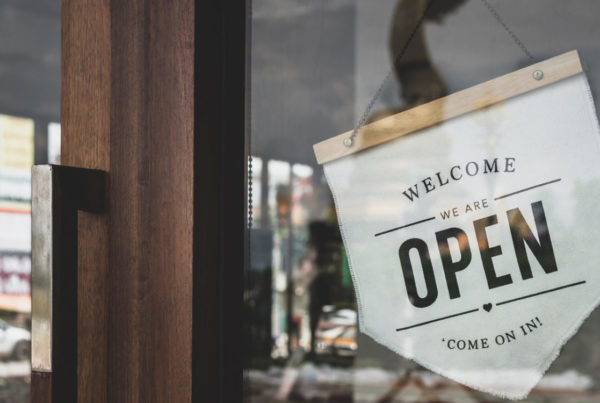
Follow the Money 6: Peter Bookman
Brush Your Teeth – And Protect Your Cyber Security Wellness
By Peter Bookman, guardDog.ai CEO
As someone who’s been deeply involved in cyber security for decades, the underlying mission is always the same – to Follow the Money trail that identifies how easy and inexpensive it is to make a living by hacking. Then we strive to put cyber criminals out of business by making it so expensive and fruitless to make a living by hacking, the bad actors are forced to give up their illegal activities and pursue their rewards someplace else.
As individuals and businesses, we need to do our parts to be proactive in picking up the wellness and protection agenda as well. When we think about it – very much of what we need cyber security protection to accomplish for us would happen much more readily if we were to proactively adhere to standard security hygiene habits as well.
The analogy is very much like our physical health. The medical remedies for cardiac health and cancer treatment would needed less frequently and be far more effective if we were to avoid smoking, institute positive nutrition and exercise habits and get adequate sleep.
With this in mind, I would like to provide us all with a short set of standard hygiene habits we can use as a checklist to be as proactive as possible in helping our businesses and our cyber security solutions to be as successful as possible in keeping security exploits at bay.
A cyber security hygiene checklist
Use this start as a standard set of procedures every individual and business can use to minimize our exposure to cyber security crime:
- Take Passwords Seriously. Use unique and strong passwords for every online subscription or service we use. Don’t share credentials. Opt for two-factor identification whether your application requires it or not. And consider biometrics – face or fingerprint identification makes exploitation incredibly difficult, which helps to augment any cyber security solution you choose.
- Don’t conduct private transactions from shared workstations or via public hot spots. This should go without saying. Many hospitality and civic locations are putting better protection in place. But you are still courting trouble if you interact with services such as your bank accounts, for example, from the hotel’s internet or the wireless access at the local coffee shop.
- Keep business and personal emails and passwords separate. If you read Kelly Ryan’s most recent blog you’ll understand first-hand the ways an exploit to a shopping site you interact with personally could suddenly put your business email and contact database at risk.
- Keep your company-owned equipment backed up and up to date. Are the patches to your system current? Are your backups up to date? And whether it’s personal or company owned, if someone snitched your iphone from the Sky Cap counter at the JFK airport, how fast could you recover and could you remotely protect or disable the personal and business information the device may contain?
- Keep seldom used or former equipment locked down or wiped clean. We could entertain each other for hours about the information public and political figures have exposed via equipment they no longer use or sent in for repair. Or the former employee who unwittingly turns their laptop in entirely erased (or so they believe) but with their online messaging apps alive and logged in, presenting confidential information or even full audit trails of their personal or illegal exploits.
- Keep archived or stored information encrypted. Yes, there’s the risk somebody will lose the encryption key and have difficulty recovering their information. But this is a much smaller risk than the chance of unwittingly distributing confidential information or violating regulatory requirements.
- Provide and receive security education. Stay knowledgeable on the tactics hackers use to steal information and to launch phishing email or malware attacks. If you never click on the link or open the attachment, the attacker can’t get a foothold even if they’ve made it past your perimeter and onto your screen.
Use good protection
And finally, be sure you protect against everything that connects to your network, seen or unseen with a proactive and AI-driven solution like guardDog.ai.
Your network management or VPN can only protect you from the things your device management solution is programmed to manage and see. As all should realize right now, in the world of IoT and Internet-Everything, this is only a portion of the connections that may be riding your Internet connectivity unseen – doorbells, gaming systems, smartTVs, refrigerators, toasters, even pens may present connectivity risks your system didn’t anticipate. But whether you see these connections or not, it can be far easier than you think to obtain proactive guardDog.ai protection from our AI-driven database from suspicious behavior that can proactively shut suspicious activity down before exploit can begin – and long before your personal accounts or professional database requires difficult and expensive remediation. Take it from the news headlines or from the experience of anyone who’s “been there” – Just like cancer treatment and cardiac care, cyber security remediation is vastly more expensive and difficult than prevention.
You can learn more by following these columns or by visiting the resource and news areas of guardDog.ai. Or better still, send a message to engage with guardDog.ai direction at hello@guardDog.ai. I invite you to join my personal mission and protect the cyber wellness of your personal life and business while putting the world’s cyber-criminals out of work. I look forward to supporting your journey.



